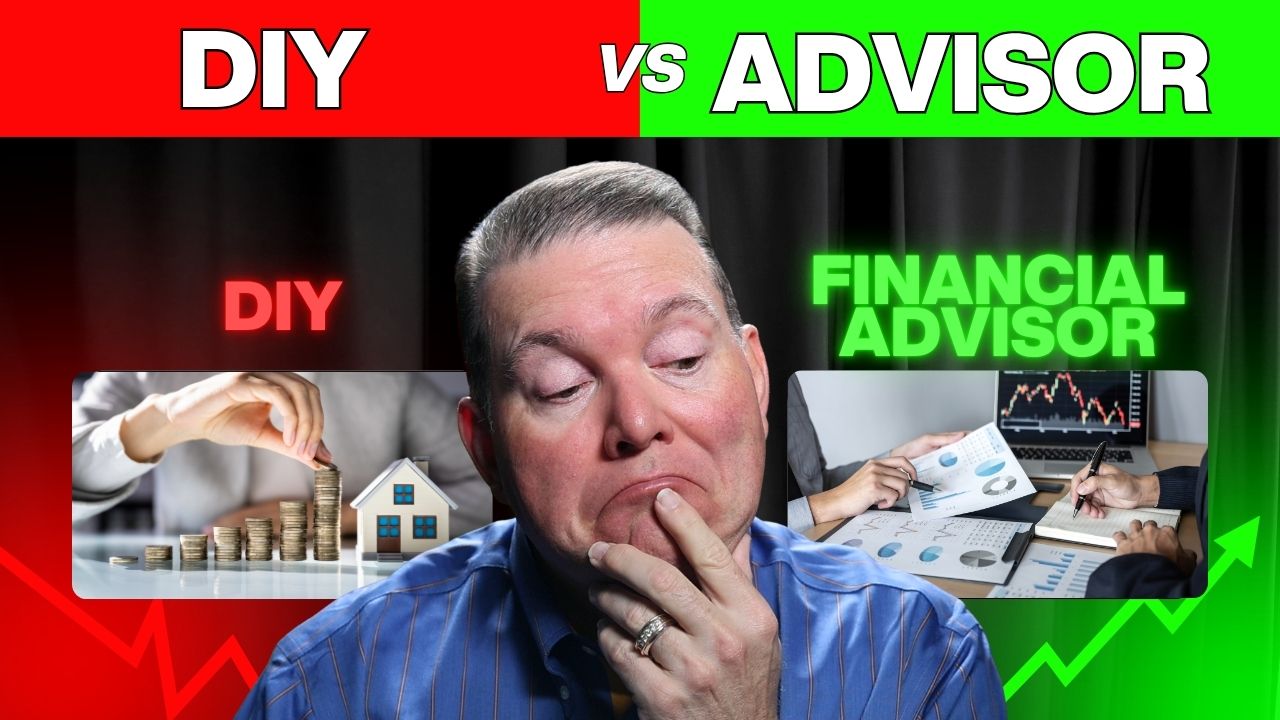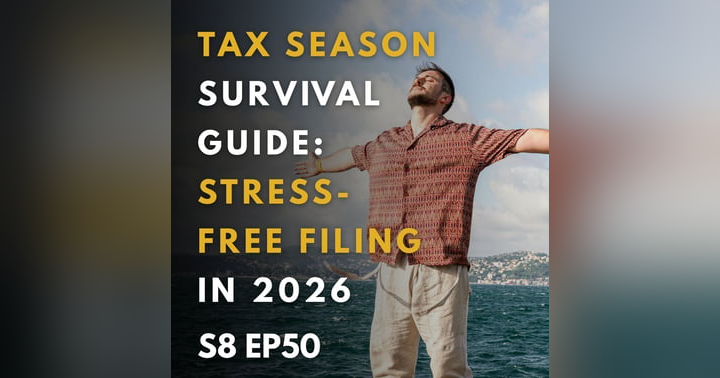Do I Really Need a Financial Advisor for Investing? Exploring the Pros and Cons

Investing is often a topic filled with complexities, uncertainties, and crucial decisions that can significantly impact your financial future. One of the most frequently asked questions is whether it's necessary to work with a financial advisor or if do-it-yourself investing is sufficient. As Ralph discusses in his enlightening series, "Episode 297 - What’s a Financial Advisor, and Do I Need One for Investing?", he dives deep into this very question, exploring both sides of the argument and providing invaluable insights.
Understanding the Role of a Financial Advisor
Financial advisors often serve as strategic guides, providing advice on key aspects like tax strategies and retirement planning. Ralph highlights that trust is a cornerstone of this relationship. According to recent statistics, 60 to 70 percent of individuals view trust as the most crucial factor when considering an advisor. Moreover, nearly 95% of those who pay for an advisor believe it's worth the investment.
Why People Hesitate
Despite these numbers, many people hesitate to hire a financial advisor. Ralph notes that almost half of American adults perceive advisors as too expensive or only beneficial for the wealthy. Additionally, a considerable percentage desire financial advice but are unaware of where to seek it. For those questioning the necessity of an advisor, Ralph emphasizes how they can provide peace of mind and objective perspectives, particularly when facing complex financial decisions.
Pros and Cons of Hiring a Financial Advisor
When deciding whether to hire an advisor, it's essential to weigh the costs against the benefits. On one hand, handling investments independently can save on fees, keeping you in control. However, advisors offer expertise, objectivity, and accountability, which can significantly contribute to sound financial decision-making.
Trust and Integrity in Choosing an Advisor
Choosing the right advisor involves finding someone trustworthy. Ralph advises seeking a fiduciary—an advisor legally obligated to act in your best interest. This ensures they are not just product salespeople but are genuinely committed to helping you achieve your financial goals.
The Bible's Guidance on Counsel
Referencing Proverbs 15:22, Ralph reminds us that "Plans fail for lack of counsel, but with many advisors, they succeed." Seeking multiple advisors can pave the way for more informed and successful planning.
When Self-Management Might Suffice
For straightforward finances, self-managing investments may be feasible. However, as financial situations become more complex, skilled counsel becomes increasingly beneficial, potentially saving you significant amounts of money over time.
Action Steps and Final Thoughts
Ralph suggests those who have never consulted a financial advisor to schedule a free consultation. This preliminary meeting helps assess potential advisors and determine if their services align with your needs.
Ultimately, the decision between self-managing investments and working with an advisor depends on individual circumstances, goals, and complexity of finances. The most crucial takeaway is to develop a clear plan that gives you peace of mind.
Conclusion
Whether you choose a path of self-investing or hire a financial advisor, the focus should be on informed decision-making and long-term planning. Ralph encourages readers to seek wise guidance and utilize the expertise available to ensure financial confidence and success.
Explore further insights and practical advice in Ralph’s series at Financially Confident Christian, and consider how this learning can transform your financial journey.













